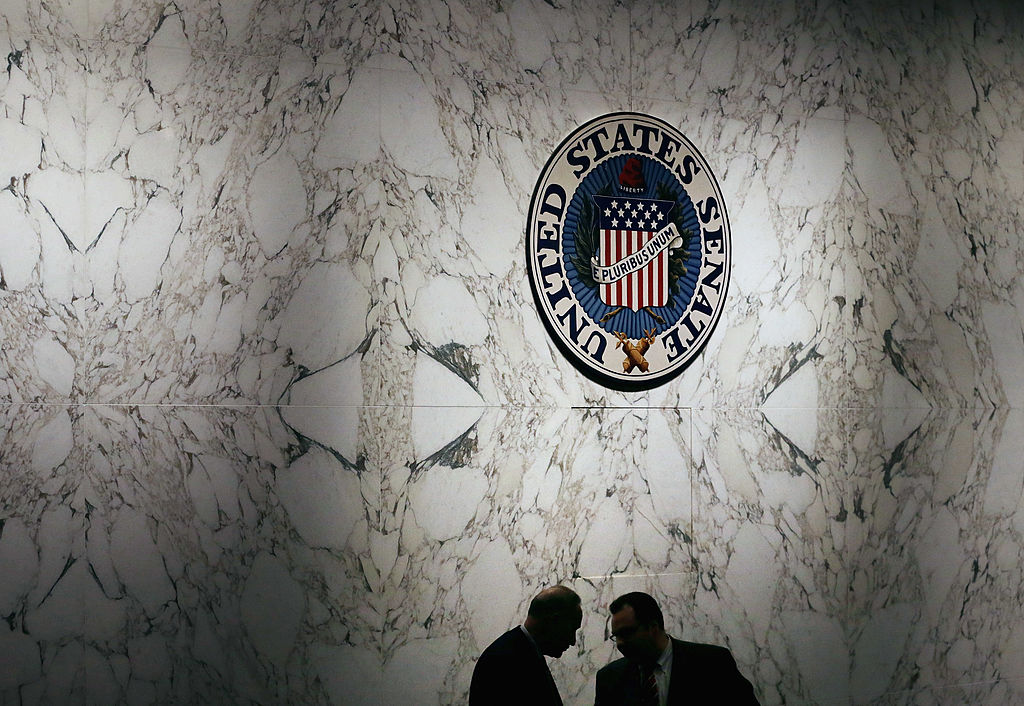The US Senate yesterday voted to eliminate privacy rules that would have forced ISPs to get your consent before selling Web browsing history and app usage history to advertisers. Within a week, the House of Representatives could follow suit, and the rules approved by the Federal Communications Commission last year would be eliminated by Congress.
So what has changed for Internet users? In one sense, nothing changed this week, because the requirement to obtain customer consent before sharing or selling data is not scheduled to take effect until at least December 4, 2017. ISPs didn’t have to follow the rules yesterday or the day before, and they won’t ever have to follow them if the rules are eliminated.
But the Senate vote is nonetheless one big step toward a major victory for ISPs, one that would give them legal certainty if they continue to make aggressive moves into the advertising market. The Senate vote invoked the Congressional Review Act, which lets Congress eliminate regulations it doesn't like and prevent the agency from issuing similar regulations in the future. For ISPs, this is better than the FCC undoing its own rules, because it means a future FCC won't be able to reinstate them.
Unless the House or President Donald Trump oppose the Senate's action, ISPs will not have to worry about any strong privacy rules getting in the way of using your browsing history for profit. There won’t be any specific rules requiring them to get opt-in consent before sharing browsing history, even if that data is related to just one customer instead of being aggregated with other customers’ data in order to anonymize it.
Senate Democrats warned before yesterday’s vote that ISPs will be able to “draw a map” of where families shop and go to school, detect health information by seeing which illnesses they use the Internet to gather information on, and build profiles of customers' listening and viewing history.






 Loading comments...
Loading comments...
